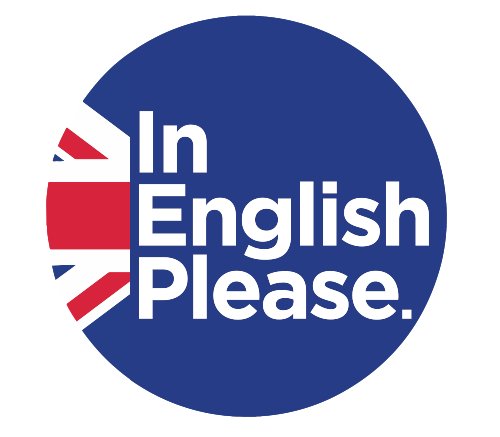11. Will or Going to?

Talking about the future with will and going to
Lots of students get these two confused… which is which? Do I use will now, or going to? Take a few minutes and learn the rules of how to use will and going to.
When to use WILL
[Subject + will + verb (without to) + …]
It is used for
1. Decisions in the moment of speaking
Things that we decide to do now.
Example: Henry to his mother: Are you sick? I will make you soup.
Casey – I’m cold.
Josh – I’ll close the window!
2. Prediction
When we think or believe something about the future.
Example: I am sure he will be a good choice for company.
Note: We often use will with phrases such as I think, I don’t think, maybe, I’m sure, probably, perhaps – but normally when we don’t talk about the evidence of something.
3. Offer, promise or threat
Example: Promise: I will bring you the treasure
I promise that I will help you tomorrow.
4. Refusal
You use WON’T when someone refuses to do something.
Example: I won’t do it! You can’t make me!
When to use GOING TO
[Subject + are/is + going to + verb (without to) + …]
It is used for:
1. When there are definite signs that something is going to happen. (Evidence)
Example: Look at those black clouds! I think it’s going to rain.
2. When we have already decided or we have the intention of doing something in the future. (Prior Plan)
Example: I’ve made my decision. I’m going to quit smoking.
3. For plans and arrangements in the future.
Example: I’m going to go to France this summer.
Example
- “I believe I will be at the airport at 22:30, my flight is at midnight.”
- “I am going to take the midnight flight.”
- “I am taking the midnight flight.”
We use the future simple (with will) to make a general prediction and “to be going to” to predict the near future which seems sure to happen, often with evidence.
Important tip:
There are many moments in Spanish where the speaker used the present tense to talk about an action they are taking now (but the action is not in process, they are about to take the action).
Here are some examples with the English translation:
Te ayudo – I will help you
Voy – I’ll go
Le escribo ahora – I’ll write to him now.
To make things clearer, we typically use the present for habits.
